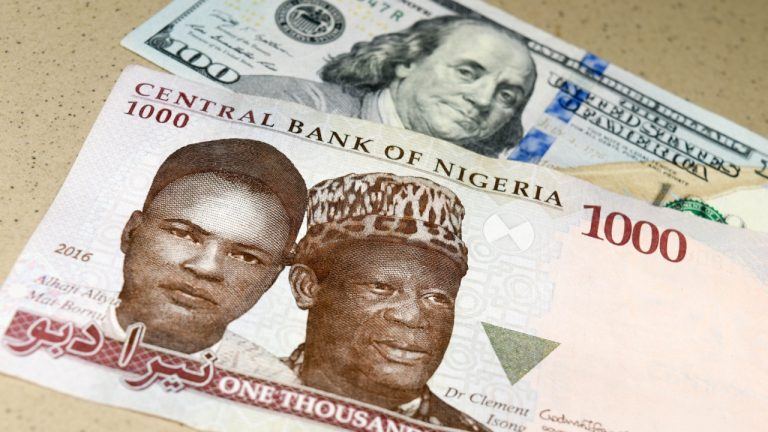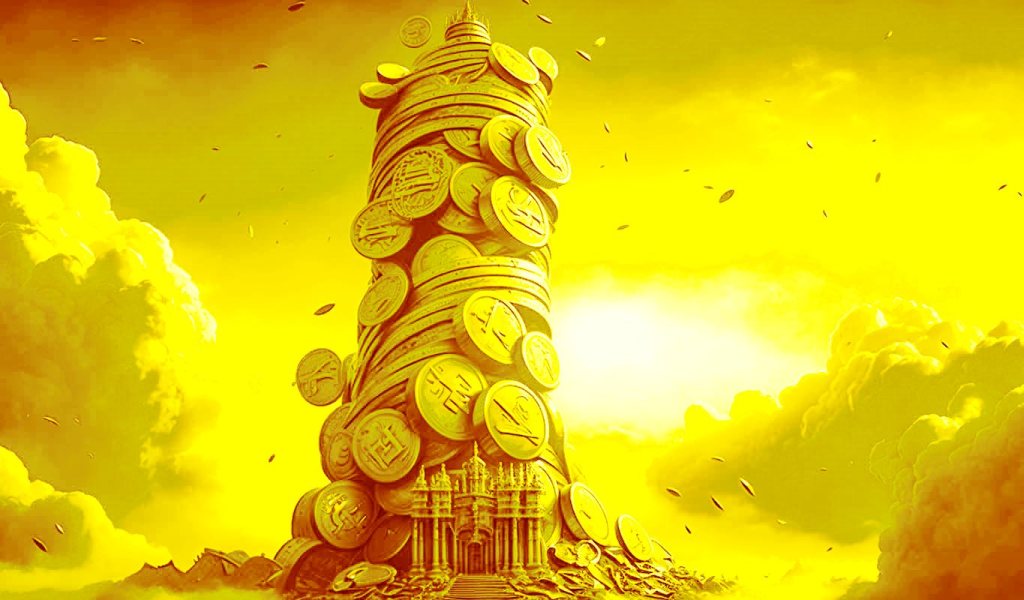
Traditional financial firms are increasingly connecting services, portfolios and operations with digital assets.
Traditional financial firms are increasingly connecting services, portfolios and operations with digital assets, taking advantage of the crypto winter to build and find a market fit for crypto-related solutions.
Recent examples include Deutsche Bank’s asset management arm, DWS, which announced a new venture with Galaxy Digital and Flow Traders to jointly issue a euro-denominated stablecoin. In another development, oil company Saudi Aramco signed an agreement with financial services firm SBI Holdings about a possible collaboration on digital assets and co-investment in SBI’s digital asset portfolios.
Meanwhile, in the United Kingdom, pension fund M&G has invested $20 million in the country’s first regulated Bitcoin (BTC) derivatives exchange, Global Futures & Options Holdings.











